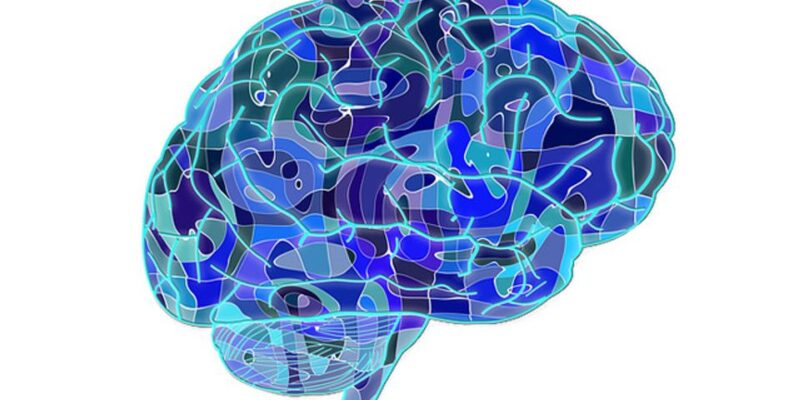Study Finds Association Between Gum Disease, Tooth Loss, and Hippocampal Brain Shrinkage
Introduction
A new study published in Neurology has revealed a potential association between gum disease, tooth loss, and brain shrinkage in the hippocampus, a region of the brain crucial for memory and associated with Alzheimer’s disease. Although the study does not establish a causal relationship, it demonstrates an association and highlights the importance of maintaining good oral health.
Methodology and Findings
The study focused on a group of adults aged 55 years and older who lived in the community and did not show any signs of cognitive decline. These individuals underwent brain scans using a technique called magnetic resonance imaging (MRI), which provided detailed images of their brains. The researchers also collected information about their oral health and overall health twice, with a four-year gap between each measurement. They used advanced computer analysis to calculate the size of a specific area in the brain called the hippocampus, which is important for memory. The data was collected from 172 participants and suggested a significant interaction between the number of teeth present and the severity of gum disease in relation to changes in the left hippocampus over time.
Association between Tooth Loss, Gum Disease, and Hippocampal Atrophy
The study’s results indicate that in a late middle-aged and older cohort, a smaller number of teeth were associated with a faster rate of left hippocampal atrophy in individuals with mild periodontitis. Conversely, a greater number of teeth were linked to a faster rate of atrophy in those with severe periodontitis. This suggests the importance of maintaining good oral health.
Study Author’s Comments
Study author Satoshi Yamaguchi emphasized the significance of the research, stating, “Tooth loss and gum disease, which is inflammation of the tissue around the teeth that can cause shrinkage of the gums and loosening of the teeth, are very common, so evaluating a potential link with dementia is incredibly important. Our study found that these conditions may play a role in the health of the brain area that controls thinking and memory, giving people another reason to take better care of their teeth.”
Conclusion
While further research is needed to establish the underlying mechanisms and causality, this study adds to the growing body of evidence indicating a potential connection between oral health and brain health. Taking good care of teeth and addressing gum disease could potentially have broader implications for cognitive well-being, particularly in aging populations.
Reference:
https://n.neurology.org/content/early/2023/07/05/WNL.0000000000207579




















Comments